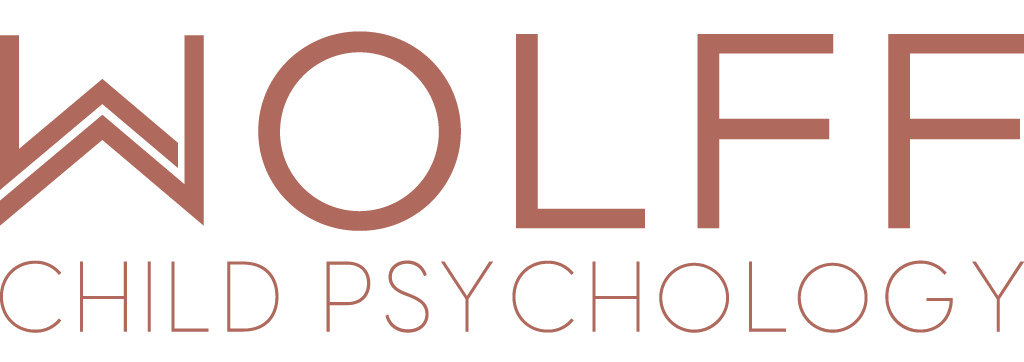Dyslexia Evaluation
Dyslexia is a language-based learning disorder that impacts a child’s ability to read and write. In fact, studies show that Dyslexia impacts about 1 in 5 students. If you think your child or teen might be experiencing these types of challenges, a Dyslexia evaluation may be the best next step.

Here’s What Dyslexia Can Look Like in Everyday Life:
- Difficulty picking up on the sound structure of language, including rhyming or sounding words out
- Speech delays or difficulty acquiring language in the early developmental period
- Difficulty remembering the names of classmates
- Difficulty acquiring sight words
- Inaccurate letter recognition
- Having a less developed vocabulary
- Reading that is slow or effortful
- A dislike of reading, or a preference for reading graphic novels or listening to audiobooks
- Difficulty understanding or answering questions about what they read
- Anxiety around school or tests
- Difficulty memorizing math facts
- Difficulty with spelling
- Complaining about school or school refusal
How a Dyslexia Evaluation Can Help
Reading is an important way that students take in information in the educational environment. When reading skills are not developing as expected, it can impact a child’s performance at school and contribute to stress and anxiety about school. Testing helps clarify:
- Where the student is really performing across measures of reading and pre-requisite skills for reading compared to peers
- How that aligns or does not align with their cognitive strengths and potential
- What is getting in the way of their reading
Dyslexia co-occurs with other diagnoses, such as Attention-Deficit/Hyperactivity Disorder (ADHD), anxiety, and depression. Testing can help tease apart the presence of one, or multiple, diagnoses, which then informs more effective treatment and accommodations.

A Dyslexia Evaluation by Wolff Child Psychology Typically Includes:
- A thorough parent interview spanning birth and genetic history, mood, and educational history
- A record review (if previous records, such as IEPs or previous evaluations exist)
- Brief interviews with teachers and other service providers (therapists, OTs, speech and language pathologists)
- Detailed clinical observations
- A battery of tests, including cognitive strengths and weaknesses, academic performance, and assessments of attention and executive functioning skills
- Behavioral rating scales completed by adults who know the student well (e.g., parents, teachers, service providers)
- A thorough report with both the data that schools will need to determine accommodations and the language that parents can understand
- Specific recommendations for educational accommodations and/or other therapeutic supports (when warranted)
- A feedback session to review the results and what they mean, and to create a roadmap for moving forward
- Coordination with the school or other care providers following the evaluation
Next Steps: Schedule a Dyslexia Evaluation
If a Dyslexia Evaluation sounds like what your child or teen might need, we encourage you to reach out and start the conversation. Even if you’re unsure what to do next, a caring expert on our team is ready to listen and help guide you. Contact us today and we’ll help you get started.
